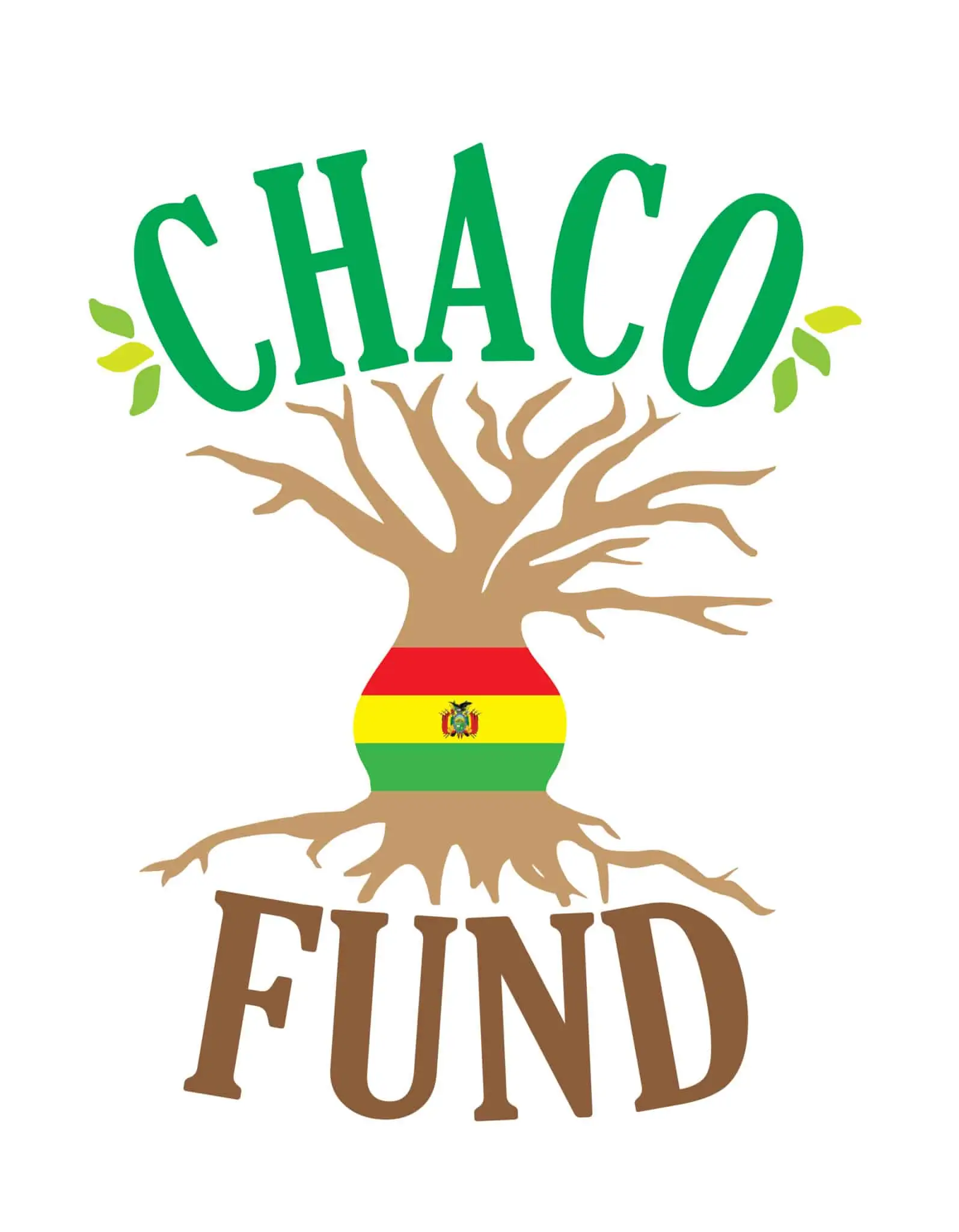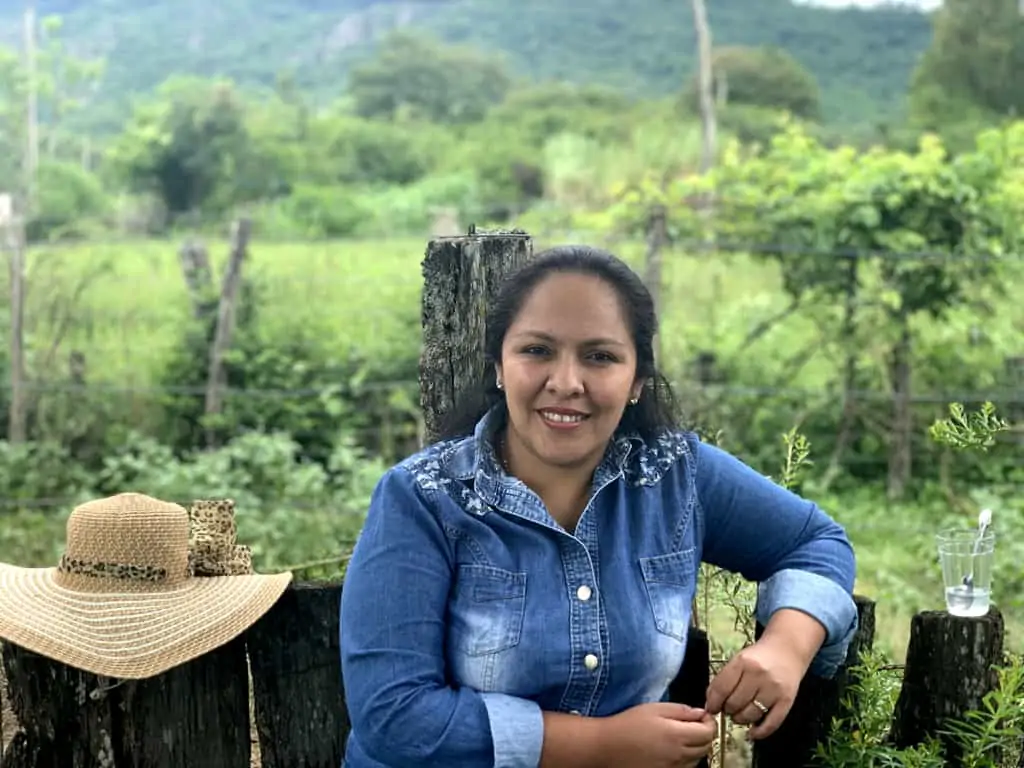Educating young women, in particular, confers diverse benefits to society, so much so that female education has been called a “silver bullet” for social progress. Benefits of female education include cultural and climate resilience, health improvement, and poverty reduction. Yet, persistent inequalities still limit opportunities for young women around the world. Completion rates are lower for girls than boys because participation of girls in school tends to decrease as they progress through the education system. In addition, certain areas of higher education (STEM – Science, Technology, Engineering, and Mathematics – for example) are heavily skewed towards male students, a trend that is pronounced in Latin America.


In Bolivia, fewer educational opportunities are available for females than males, and even fewer are available for rural, indigenous females. This should not be the case. Bolivia as a plurinational state must seek to better align its educational principles and politics with its cultural roots. Secondary and tertiary education, in particular, must be re-imagined as a vehicle for personal sovereignty and cultural expression for men and women of all nations equally. And efforts must be focused on providing quality opportunities for young scholars.
Offering full-ride scholarships to economically-vulnerable young women is a way to bridge that gap. The relief of financial stress is liberating, and while there are unique challenges for rural women attending college, it is a culturally broadening experience.


0 Comments